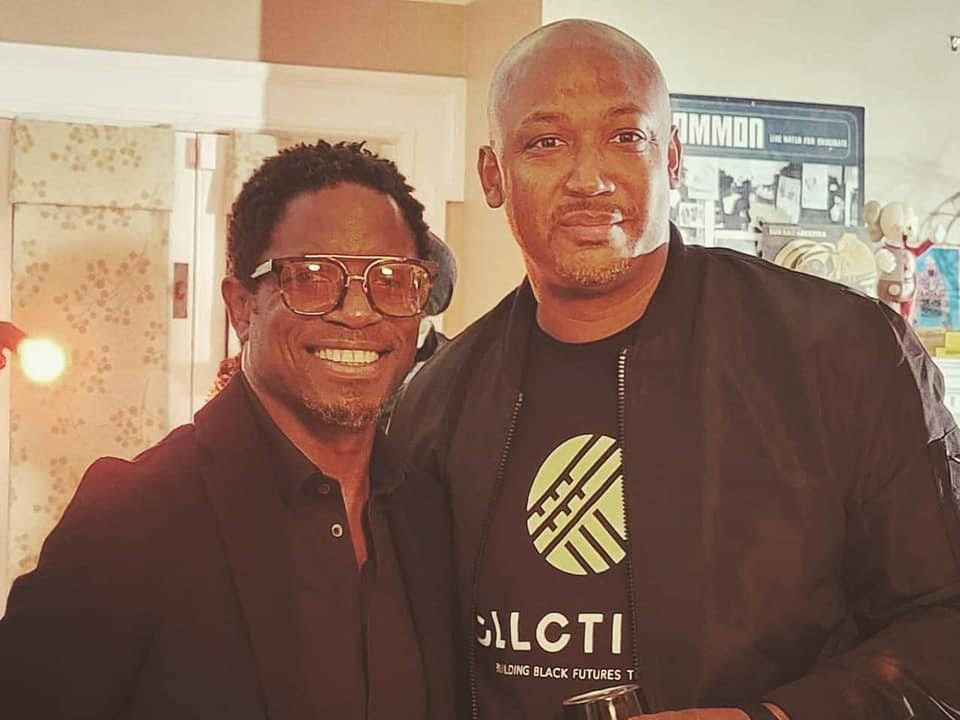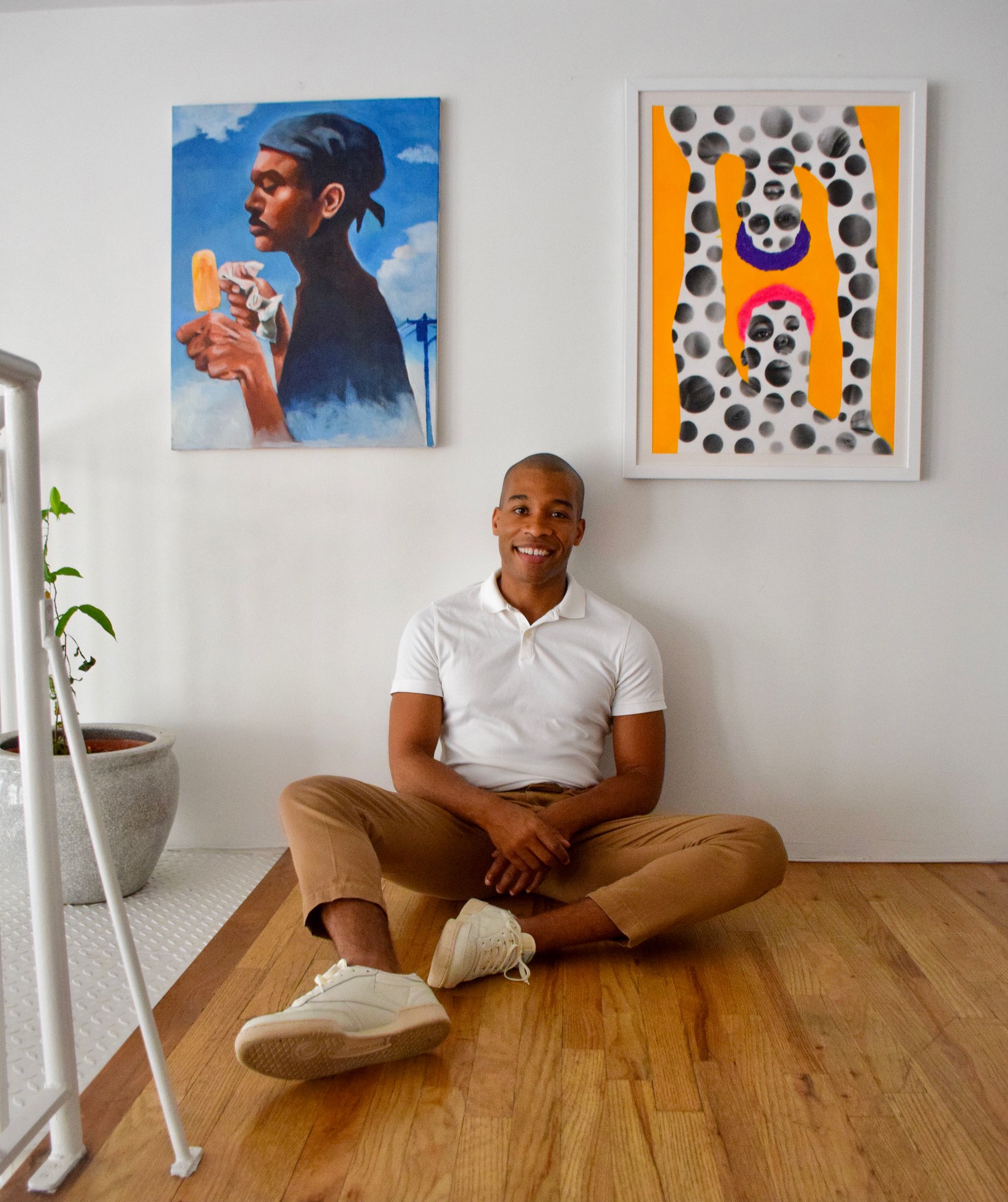Men aim for high paying jobs like a doctor or a lawyer. Black women aim for lower paying jobs like... a doctor or a lawyer. It’s 2021, people, and based on your race or gender, a disparity still exists in how employees are compensated for the same work.
We all know the wage gap still exists. The uncontrolled gender pay gap is 18% meaning that in the United States, women earn $0.82 for every $1 earned by men. This number is more accurate for white women because for Black women, the wage gap is 37%. The statistic that most tend to ignore is the controlled gender pay gap which is 2%. This is the median salary for men and women with the same job qualifications. While this number is 2% for women as a whole, it’s 3% for Black women.
Let’s break it down. You have a Primary Care Physician (PCP) who is a white man. He earns approximately $200,000 a year. Now you have a PCP who is a Black woman with the same education and qualifications. Simply because she is a woman and more so because she is Black, she will make $6000 less each year.
Black women are still faced with inequality in two forms of oppression - racism and sexism. With this double whammy, Black women still push further and work to bridge the gap of inequality. And while I could talk about the injustices done to Black women until I’m red in the face, that’s not what we’re here for today.
August 26 is Women’s Equality Day. This is an annual observance that commemorates the 1920 adoption of the Nineteenth Amendment to the United States Constitution giving women the right to vote. And sure, this day is for all women, but I’m here to talk about Black women, what they’ve been doing, and how they are a voice for the people.
Stacey Abrams & The 2020 Presidential Election
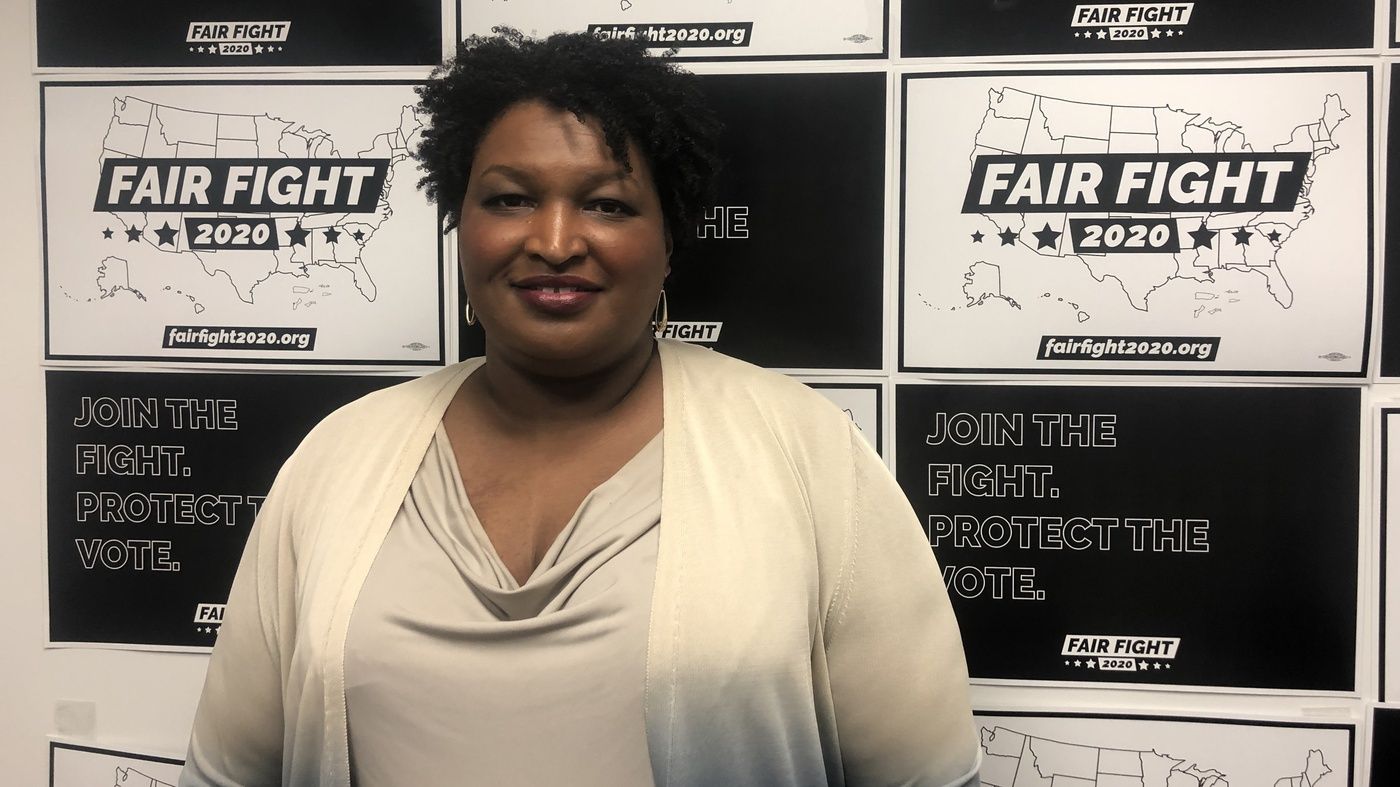
Regardless of political affiliation, 53.2% of voting Americans decided that the country could not go on with Donald Trump being president. 51.3% of those votes went to Joe Biden, and you can thank the Black women who understood the assignment. With ballots being cast in-person and by mail, 91% of Black women voted for Joe Biden in the 2020 election. You’re welcome.
I would be remiss not to mention Stacey Abrams. In 2018, Abrams was the first African-American female major-party nominee for a gubernatorial election. Some equated her loss to her opponent, Brian Kemp, using his position as Georgia secretary of state to engage in voter suppression. Since then, Abrams has been one of the biggest advocates against voter suppression. She founded Fair Fight Action to combat voter suppression tactics that often affect POC populations. Her organization worked hard throughout the 2020 Presidential Election helping as many Americans vote as possible.
Amanda Gorman Becomes Youngest Inaugural Poet
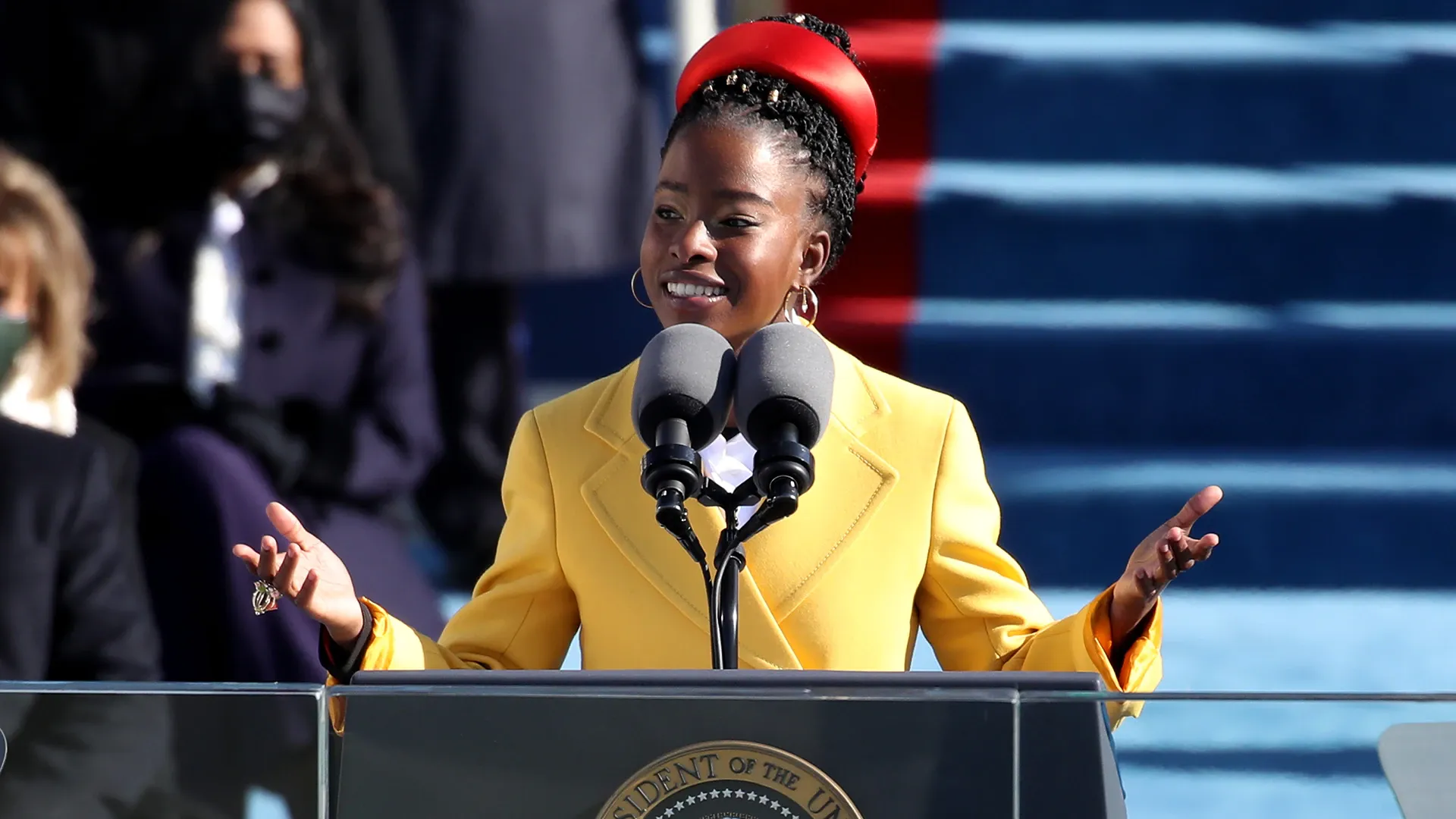
In this decade, Black women are still finding ways to make history. For example, Beyonce just became the first Black woman to wear the iconic Tiffany diamond. Another Black woman making waves is Amanda Gorman. A recent graduate of Harvard University, Gorman was the first person to be named National Youth Poet Laureate in 2017. In January 2021, she became the youngest inaugural poet in history at age 22. Her recitation of the poem “The Hill We Climb” is easily one of the most memorable moments of that day.
Simone Biles Smashes the “Strong Black Woman” Narrative
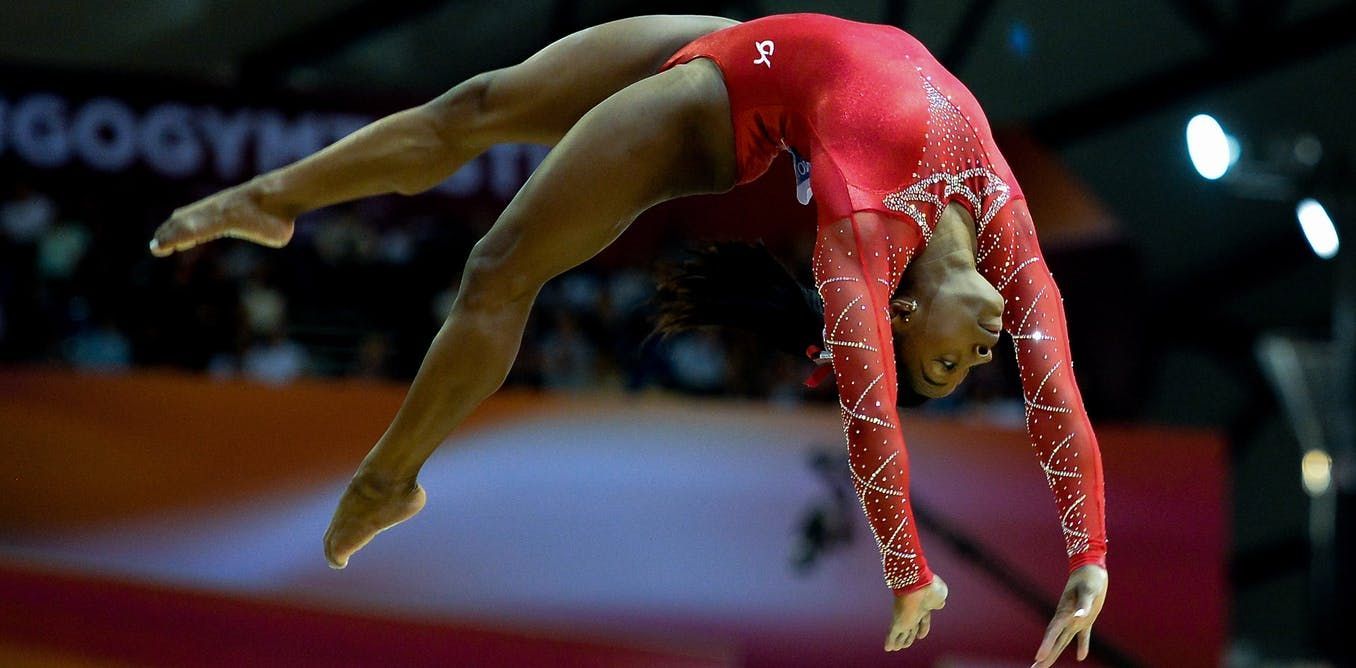
With the 2020 Tokyo Olympics that began in July, Simone Biles’ name surpassed being the talk of the town and became the talk of the world. Prior to her appearance, viewers were waiting to see how many medals she would take home. During the Olympics, everyone was surprised to find out that the decorated gymnast was sitting out of a series of events. While most initially speculated that it was due to a physical injury, it was later revealed that she decided to focus on and preserve her mental health.
Many believe the “strong Black woman” narrative is a compliment. Most of these people aren’t Black women. The narrative gives Black women no other option than to “be strong” and battle everything that comes her way. If you ask me, Simone Biles’ decision proves that she is a “strong Black woman,” but not for the reasons you might think. I’m not an Olympic athlete, but I can only assume that at the moment, Biles was feeling scared, anxious, vulnerable, and more. Her decision to prioritize her mental health demonstrates that there is strength in admitting that you’re not always “strong.” This opened up the conversation for everyone, but athletes specifically, that mental health is just as important as physical health, especially when you’re performing at the biggest event in the world.
These are just three recent examples of how Black women continue to push boundaries and be a voice for people around the world. While racism and sexism are still problems to be faced daily, Black women continue to open doors and shatter glass ceilings.
Let us know - who are some Black women that are helping bridge the gap of inequality?

